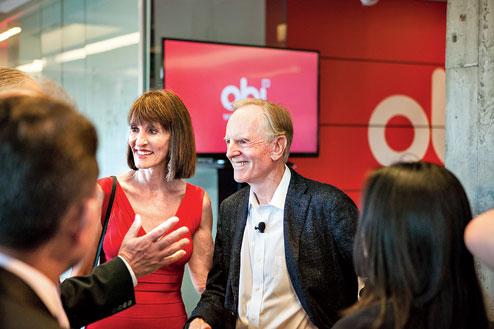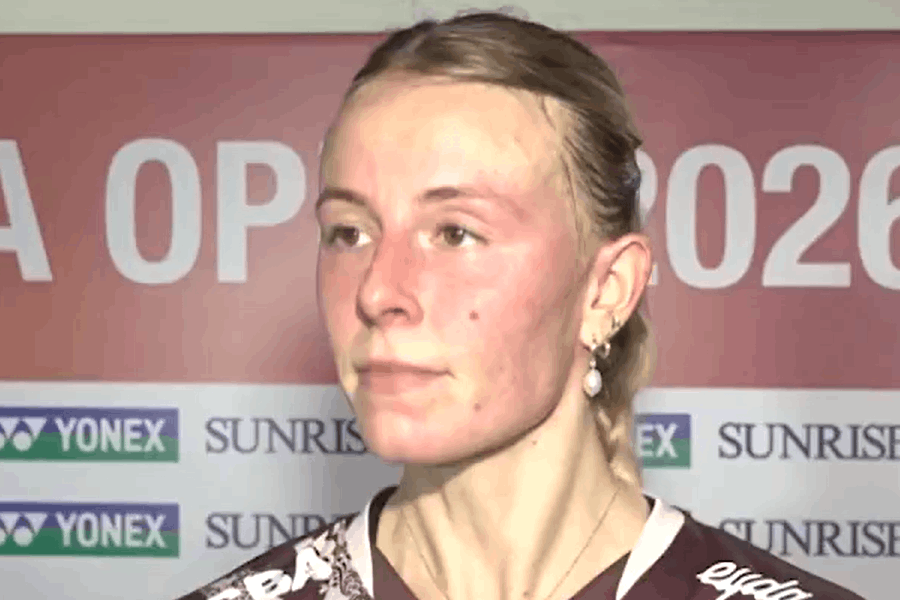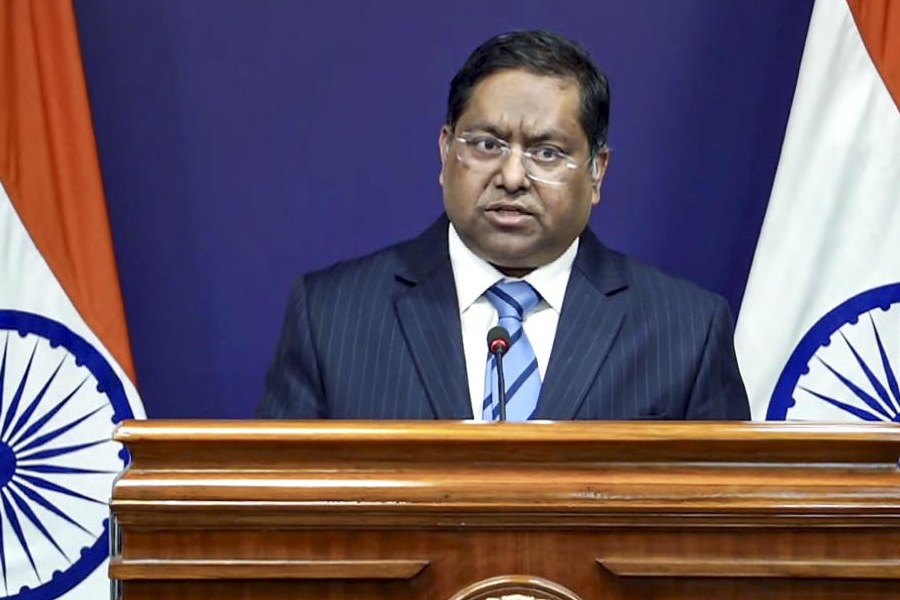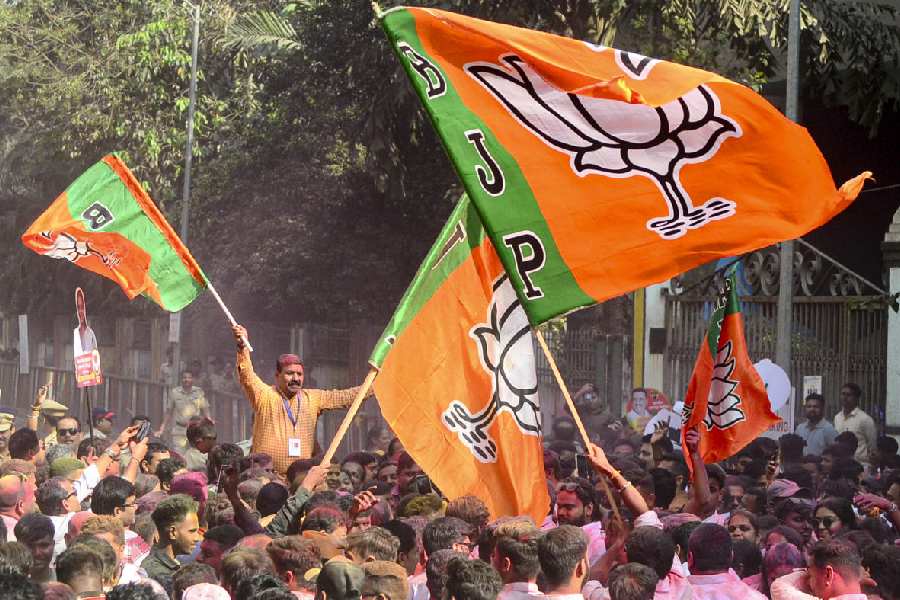
It’s 10pm at Autodesk Gallery, one of the iconic geeky destinations in San Francisco… yes, the one with a 62,500-piece dinosaur from Lego, an amazing 3D printed Smoke Dress, and so much more. Filled to bursting, every corner hides start-up investors and tech innovators, and all of them have their eyes on one man — John Sculley.
The former president/CEO of Pepsi-Cola (1977-83) and chief executive officer of Apple Inc (1983-93) has something new to show — Obi Worldphone, of which he is the co-founder. Helping the 76-year-old are former Apple alum Robert Brunner of Ammunition (founder of Ammunition, known to be one of the finest design studios in the world) and Satjiv S. Chahil (who has served the Steve Jobs company in many roles besides working with Palm and HP). Then there is Neeraj Chauhan, the CEO of Obi Worldphone.
What makes the “designed in San Francisco” Obi Worldphone special (two models will tentatively roll out in December — SF1 and SJ1.5)? Why are the former Apple men putting their weight behind it? John sat down with t2 to talk design philosophy and Apple... over cranberry juice.
These are days when tweets and Facebook posts decide the fate of mobile phones. Is it wise to enter a saturated market?
I think there is a gap in the market. The market is going through an incredible change. In India you have successful companies like Xiaomi coming in at budget prices. Then you have international brands, many of which are struggling because they are selling at very high prices, and the only company that succeeds at very high prices is Apple. Everyone else is struggling. The way we look at the Indian market, which is selling around a million phones a day… our ambition is to be more like what Porsche or BMW is in the automotive market. In other words, we are not trying to be the largest but trying to be the best in what we do.
We believe in being a Silicon Valley company… there are now two American smartphone companies — Apple and Obi Worldphone. All the others are gone — Motorola has been sold, others have left… maybe Microsoft is the third but then they acquired someone else’s business (Nokia). Certainly, the US is not well represented in the large consumer electronic market in the world. What makes us different is that we are targeting beautiful designs at budget prices.
We are not the first budget phone. But we think design is something… we know what it takes and what works. We have attracted an incredible talent to work on Obi Worldphones here in Silicon Valley. We think the combination of picking a few design centres and an exceptionally good roadmap of future phones (in 2016 and 2017), will give us the tailwind at our back. The fastest-growing markets are making a conversion from 2G to 3G and 4G, and that would probably take three-four years to happen. So we have the tailwind of changeover. There is an opportunity and the market is so big, and growing so fast, that as long as you are focused and know what you are trying to accomplish, there is room for us and Apple, and others. But not for everybody. You will see some companies either getting out of the market or changing their strategies.
How do you keep overheads low?
The secret is when you’re in a start-up mentality, you only focus on things that you do really well. Then you find partners who do things really well. And so we have no corporate overheads. I don’t take a salary… not that I’m too old for it! (Smiles) But what I’m saying is that we’re very careful about how we spend money. We are also careful in selecting the component companies. We know how to optimise hardware to make it look and feel better.... We are tech people and understand how to make trade-offs between hardware and software. And we also — since we come out of the distribution business and direct sales business — know how to be frugal and nimble with expenses.
Being a design-driven company, we don’t run with consensus. When you are a big company, there are middle managers and there are many layers… so people seek consensus. People have authority to say no but rarely any authority to say yes. We have no consensus. If you look at the most successful Silicon Valley companies, there is no consensus in management. It’s always the leadership from the top. You may like the opinions from the top, or you may not, but it’s very clear what those opinions are. In case of designs, the strategy we selected is… we know from our Apple experience that design is done at the top of the organisation and it’s done by those who feel some responsibility for the design. And so, we have given the authority to Ammunition. We don’t ship products until Robert Brunner has signed off on it.
If you go to a Chinese factory — and there are thousands of those — what do they do? They ask if you want a back that looks like Samsung, a screen that looks like Apple, the sides look like HTC... you pick features and then they assemble. We don’t design like that. We sit down and ask how will it feel when people hold it in their hands; the experience with photography; how do people get the capabilities that they get in a $700 phone in a $199 phone. We won’t be the largest but we think we can be the best at this part in the market.

People aspire for high-end phones. Where does the Obi Worldphone fit in?
We are not gonna get every sale. Look at what has happened in China. The Chinese market is growing 1.2 per cent. Tim Cook of Apple came out and made a statement and said that look, our business at Apple is doing just fine. That means somebody else is not doing fine. Some people must be having negative growth. What we believe is happening is... in China people are used to refreshing their phones every six months or every year, now some people are saving up for an iPhone. They would have earlier bought a phone every six months, now they are buying a phone every 18 months. Well, what does it do to the rest of the market? So Apple gets the sale and at the same time, there are a lot of sales that don’t happen. So, the higher end of the market is really hurting and it’s all going to Apple. At our end of the market, we see a lot of momentum.
There are companies which are trying to make their products look like Apple. But if you see our product, it looks nothing like an Apple. At Apple we created original designs and at Obi, we are creating original designs. We admire Apple but we don’t want to copy them. This is a cultural product; a fashion product. It is not just a technology product. It’s about making technology beautiful. The best companies want to work with us. This is always the case in Silicon Valley. They best companies hire the best people. And the best people want to work with the best people. Either you work directly with them or in partnership with them.
Why not just call the phone Obi?
It’s one of the great contributions Satjiv Chahil made to the project. He is one of the most inspiring leaders in the hi-tech industry. Satjiv said that he loved the name Obi but you are going to all these different markets, so it’s important for us to differentiate the brand. So, he suggested Obi Worldphone. That was a brilliant insight.
Any insights from your Pepsi days that are helping you now?
From a marketing standpoint, one of the things I learnt from the Cola wars is that Pepsi and Coke were always good at what we call ‘presence marketing’, which means great logos, signage, in-store displays. You would certainly look at the packaging. We intend to be in 70 countries by 2017. And want to have a lot of presence marketing.
 What is your message for the 16-year-old John Sculley?
What is your message for the 16-year-old John Sculley?
The journey is just beginning. The opportunities for entrepreneurial companies to do innovative things is so exciting ahead. It all starts with an insatiable curiosity. So, what keeps me going? I have an insatiable curiosity for the future. I’ve been spoilt because I know what it feels to work with the very best. I want to continue to be involved with the very best — people, products, opportunities. And I want to be involved in places going through exciting changes. They don’t need to be in the United States only. For a 16-year-old, the future is in his hands.
Finally, what would have Steve Jobs thought about the Obi Worldphone?
He would have understood exactly what we are doing. Whether he would have agreed or disagreed.... Steve had very strong opinions…we don’t believe in consensus…. We are very proud that our culture reflects the first principles Steve Jobs — probably more than anybody — was responsible for defining.
The new Jobs biopic
The Danny Boyle-directed biopic Steve Jobs (screenplay by Aaron Sorkin) premiered at the 2015 Telluride Film Festival to positive reviews on September 5. In the film, John Sculley is played by Jeff Daniels, and Sculley hopes the film will give a “more accurate picture” of those early days at Apple than the one-sided story in the 2013 film Jobs, which had reportedly angered the other Apple co-founder Steve Wozniak, with whom he continues to maintain a close friendship.
In the trailer, Jeff Daniels (Sculley) nervously asks Michael Fassbender’s Jobs: “You’re going to end me, aren’t you?”. “You’re being ridiculous,” Fassbender answers. “I’m gonna sit centre-court and watch you do it yourself.” Earlier this week, Wozniak told the BBC: “See, the mythology is that Steve Jobs had this beautiful vision for the Macintosh and the board and John Sculley didn’t buy into it. No. Our entire company bought into that vision as the future for Apple. It was just going to take at least three years to build until it could finally not lose money. And John Sculley is the one who actually made the Macintosh successful because of believing in it.”
The phone will tentatively roll out in India in December and India prices will be announced soon
Mathures Paul
I would bet big on Obi because.... Tell t2@abp.in










